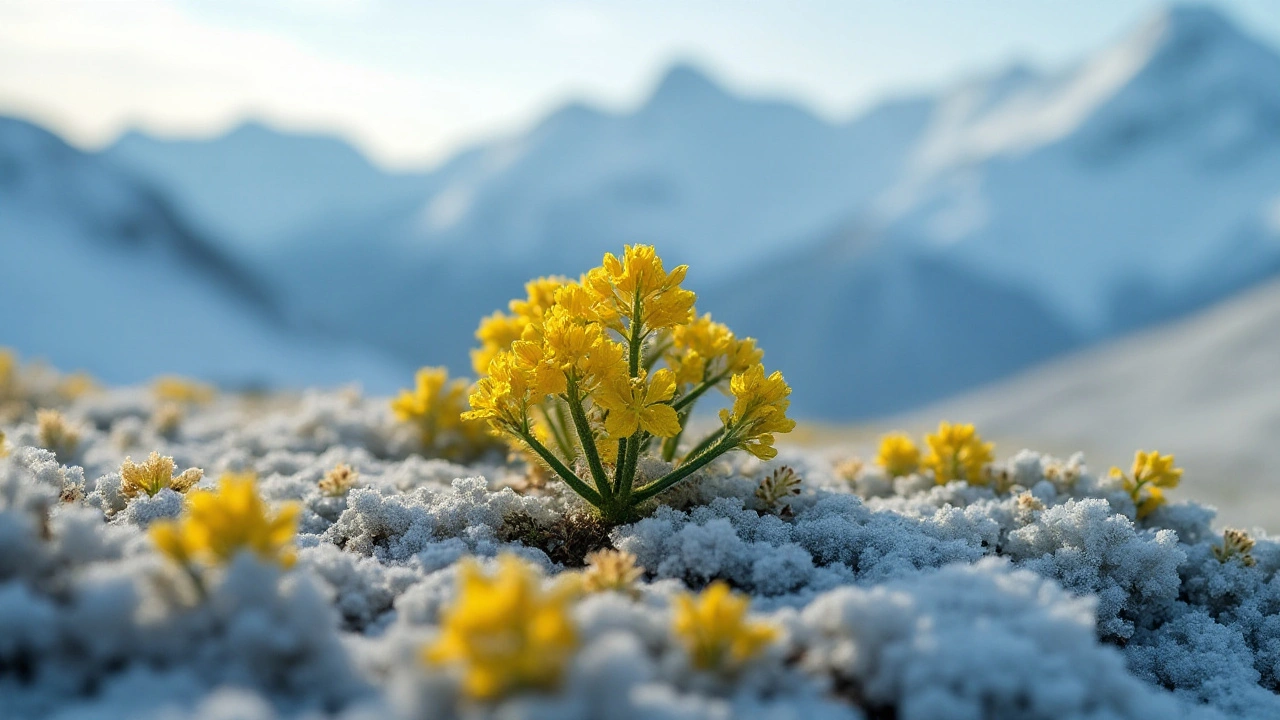Siberian herb: what it is and why people use it
Want a simple, plant-based way to handle stress, fatigue, or low mood? Siberian herbs — especially Rhodiola rosea and Siberian ginseng (Eleutherococcus senticosus) — are popular adaptogens used for energy, focus, and resilience. People use them as capsules, teas, or tinctures. They aren’t magic, but they can help the body cope with everyday pressure and tiredness when used right.
Top Siberian herbs and what they do
Rhodiola rosea: Often taken for mental fatigue and short-term stress. Small clinical trials report it can reduce tiredness and improve mental performance during stressful periods. Standard extracts are usually labeled with rosavins and salidroside — aim for products that list those numbers.
Siberian ginseng (Eleutherococcus): Used more for general stamina and immune support. It’s been used in traditional Russian and Asian medicine to boost endurance and recovery after illness. Look for root extracts standardized for eleutherosides when shopping.
Other lesser-known Siberian plants: Some local herbs are used for digestion or circulation, but the two above are the most studied and common in supplements.
How to use them and stay safe
Form matters: capsules and standardized extracts give consistent dosing. Teas and tinctures work but vary more in strength. For Rhodiola, common doses range from 100–600 mg/day of a standardized extract; many people start low (100–200 mg) and test tolerance. For Eleutherococcus, typical doses run 300–1200 mg/day depending on concentration. Always follow the product label or your clinician’s advice.
Timing: take energizing extracts in the morning or early afternoon to avoid sleep trouble. If a product makes you jittery or keeps you up, cut the dose or stop before bedtime.
Watch for interactions and side effects: mild side effects include headaches, stomach upset, or insomnia. Don’t mix adaptogens with strong stimulants, and talk to your doctor if you take blood pressure meds, antidepressants, blood thinners, or immunosuppressants. Pregnant or breastfeeding people should avoid these supplements unless a doctor approves.
How to pick a good product: choose brands with third-party testing, clear standardization (rosavins/salidroside or eleutheroside content), and honest labels. Avoid blends that hide tiny doses of the active herb behind other fillers. Freshness matters — check expiration dates and store supplements in a cool, dry place.
Quick tips: start with a low dose, keep a short diary of effects for two weeks, and stop if you notice worsening sleep, anxiety, or odd symptoms. If you feel a real benefit, maintain the lowest effective dose rather than ramping up.
If you want a targeted suggestion, ask about your goals (energy, mood, sleep) and any medications you take. That makes it easier to recommend a safe choice and a dose that fits your life.

Rhodiola: Unlocking the Secrets of the Siberian Adaptogen
- Jan, 22 2025
- Daniel Remedios
- 18 Comments
Rhodiola, a resilient herb thriving in the harsh environments of Siberia, has captivated interest worldwide due to its impressive adaptogenic properties. Known for helping the body resist stress and fatigue, this wonder herb is now a favored supplement on wellness shelves. This article explores the journey of Rhodiola from its roots in the icy terrains to its growing popularity in modern health practices. Discover the historical uses and the hidden benefits that make Rhodiola a treasured ally in maintaining mental and physical vitality.
